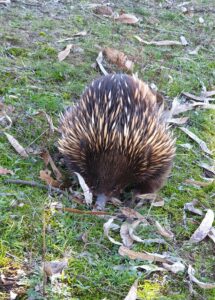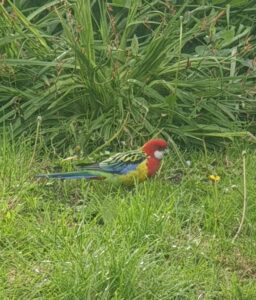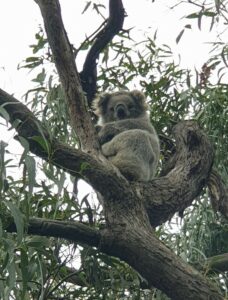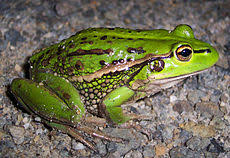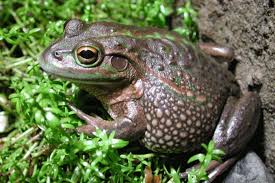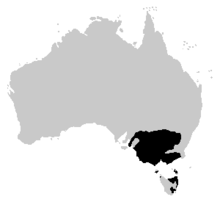The rapid growth of the Pakenham corridor in recent years has meant that some of our native wildlife is at an increased risk of injury and disease. As part of our commitment to our community, The Animal Doctors assesses injured native wildlife free of charge. Where appropriate, the animals will be transferred to wildlife sanctuaries or carers.
It is actually illegal for a member of the public to keep or take care of native wildlife so we do rely on the general public to deliver injured or sick wildlife to us. We will also examine non-native wildlife at no cost if surrendered to the clinic. However, if the wildlife is a verminous species, such as foxes or rabbits, we are legally obliged to euthanese the animal.
What should you do if you come across wildlife that is sick or injured?
Firstly, be careful! Sick or injured wildlife are likely to be distressed and could become aggressive. You need to ensure your own safety and also try to prevent further stress or injury for the animal. Here are some pointers to help you help wildlife in distress:
- Stay calm. Distressed wildlife are easily scared.
- Assess the situation. Do not approach the animal if there are safety concerns
- Approach the animal very slowly. If you can get close enough, place a cover like a towel or blanket very calmly over its head. A bird will need you to contain its wings.
- Record where you found the animal. Your vet or wildlife carer relies on this information to successfully release the animal once rehabilitated
- Secure the animal in a safe, well ventilated box or cage for transport.
- Call The Animal Doctors @ Pakenham to let us know what’s happened and that you are on your way. When you get to the clinic, we will assess the animal, provide whatever treatment is required and make sure that it is as comfortable as possible. We will keep in touch and let you know how things are going.
- Please keep the sick or injured wildlife away from any children, family pets or away from over handling.
What should you do if you come across a baby bird?
Through Spring and Summer, we have an increased number of baby birds brought into our clinic. Usually from falling out of their nest.
Even though they may have fallen out of their nest, there is still a chance that mum and dad will come and look after them. They will just be waiting for a safe time to come and feed them.
Try not to touch them, as the smell off our hands can mask their natural scent and its parents may abandon them.
If you can see the nest, you can gentle pick the bird up with a face washer and gentle put back in the nest. If not, keep an eye on it and make sure that it is safe from predators, the family pet/s and away from loud noises/children.
Only if it is visibly sick or injured, then please bring it into the clinic for our vets to assess.
If you are unable to bring it into a veterinary clinic you can also contact Wildlife Victoria on 03 8400 7300 to organise a career to collect or you can lodge an online report at https://www.wildlifevictoria.org.au/wildlife-information/report-a-wildlife-emergency
Endangered Wildlife in our area
The Growling Grass Frog
The Growling Grass frog, or commonly known as the Southern Bell frog or the Warty Swamp Frog, is an endangered species on ground dwelling amphibian that lives right in our local area.
It only grows to about 10cm in length and it is usually bright green or bronze in colour with dark brown bumps and markings. Their thighs have a flash of wonderful blue to them.
Though they are agile climbers, they mainly inhabit large swaps or ponds and lakes that grow a lot of reeds, to protect their large egg spawn and their tadpoles. The tadpoles of this species can grown up to 9.5cm and can stay in the tadpole phase for nearly a year. Their tadpoles can be identified by the copper pigments down each side and the iridescent green along the back bone.
They are cunning hunters, who live mainly of other frogs and use their preys croaks to find them.
Click here to go to the Cardinia Shire website to read about the Conservation Management Plan they have put in place to help save these endangered creatures.



